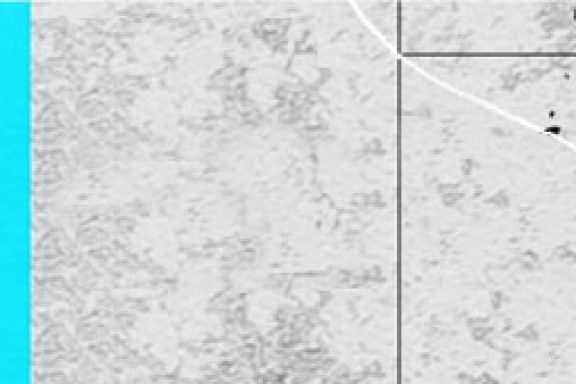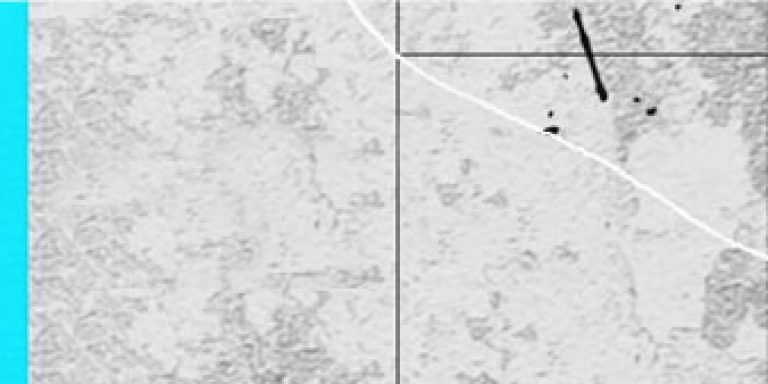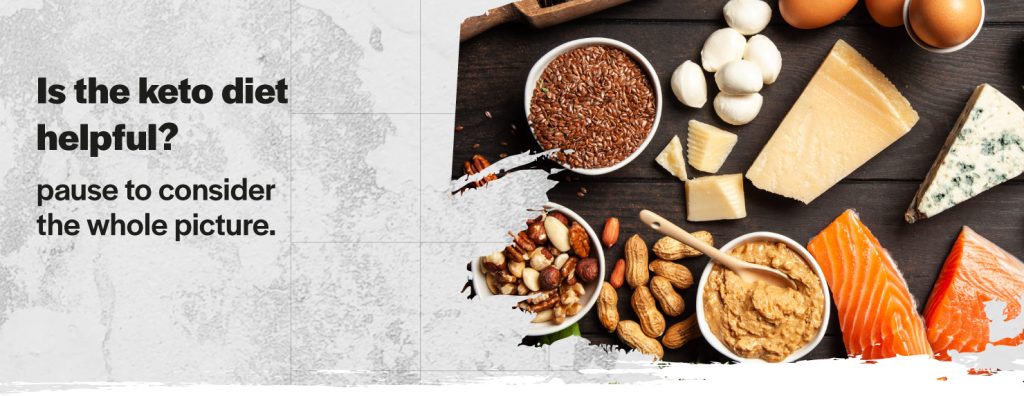If you want to achieve health gains through diets, you will have heard of keto or the ketogenic diet.
If you’ve seen a lot of influencers push it, then maybe pause to consider the whole picture.
Ketones
Ketones form one of our emergency systems. When your carbohydrate intake drops to pretty much zero, the only source of energy left for survival is the reserves which our body stores. Although fat usage during long endurance efforts follows a similar principle, we are now talking about a sort of “extreme version” of it: we are in the range of entire days without eating a single gram of carbs, whether simple sugars or complex starchy food. Nothing. Zero.*
At this point of deficit the liver kicks off its crisis mode (called ketosis) and starts to produce a chemical substance called ketones, which breaks down fat into glucose at a much faster rate than normal (glucose is the basic fuel for your brain, muscles and organs).
All it takes to reverse this process and get back to normal is as little as 30/40g of any kind of carbohydrate (keep in mind that a banana has about 30g of sugar). Therefore, only fat (and protein to some extent) is allowed in your diet if you want to maintain the ketosis.
This looks like a handy process for a hunter-gatherer, but pretty useless for a modern school kid. Unless you’re a school kid looking for a quick fix to get lean?
Similar… but not the same!
Without judgment, let me give you some context on similar, but different eating regimes from a keto diet. There’s a tonne of them out there, but these are high profile.
- The Atkins diet promotes low consumption of carbohydrates, advocating unlimited use of protein and fat. The main difference with keto is that carb intake is not low enough to produce ketosis and that protein intake is higher than fat consumption.
- Ramadan restricts eating and drinking until the sun sets. The gap between meals is huge, but not long enough to produce ketosis.
- The paleo diet allows only foods of the palaeolithic era.. Whether this is accurate or not, a paleo diet allows and encourages as much raw fruit and vegetables as possible, and because these contain a substantial amount of carbs… you get it.
Is the keto diet helpful?
Although ketosis is a mechanism built in our body, there are major drawbacks we must take into account. In my opinion they make the keto diet an overall “no”.
Fruit and vegetables need to be reduced to the bare minimum in order to keep the liver producing ketones. The consequence is obvious: all those beautiful water soluble vitamins will be lacking from your system. And somehow even worse, you’ll suffer a shortage of fibres and poor digestion as a result. In fact, fibres ARE carbohydrates, and even though some of them are classified as insoluble and therefore not absorbed by the intestine, they will still disrupt the ketosis state.**
For any diet, keto included, remember that weight loss doesn’t offer a superior body composition. Losing weight from fat risks losing precious muscle mass with it. And what about bone density? I don’t have specific data on keto diets and muscle loss or bone density. What scientists have found however, is that increasing muscle mass during a keto diet is nearly impossible.***
And finally, can you be on a keto diet and do sports? In terms of feeling able to do sport, “energy levels” as we are used to call it, I’d say moderate to medium activity can be easily sustained. High levels, competitive and professional is a different story. Research shows that maintaining performance is feasible when performance is not extreme. But athletes train to get better, not to maintain. And here keto might just not be enough.****
Just because I highlighted all the cons, it doesn’t mean there are no pros. The keto diet is probably one of the least dangerous among modern fads, and the principle has a real scientific base. If we are willing to take vitamins and supplements it might be possible to overcome the imbalances and deficits that arise from it. Even though it’s not the best, I believe this kind of diet will produce results in terms of weight loss, if anything merely because it will enhance your awareness of what you are eating. For example, if you are already giving up all the sweets, pizza, fries, etc., you’ll be naturally drawn to discard other junk food that might technically be allowed in the keto regime.
Losing weight is in itself energising, and you will become literally fleet of foot. A keto diet is an expensive and asocial way of doing it.
References
*Grainger, D. (2019) ‘The science behind ketogenic diets, or why we get fat and what to do about it.’ [Online] Available from: https://www.forbes.com/sites/davidgrainger/2019/02/01/the-science-behind-ketogenic-diets-or-why-we-get-fat-and-what-to-do-about-it/?sh=595e95583420 – Forbes US.
**Paoli, A., Bianco, A., Grimaldi, K. A. (2015) ‘The Ketogenic diet and sport: a possible marriage?’ American College of Sport medicine, 43(3), 155-162.
***Greene, D. A., Varley, B. J., Hartwig, T. B., Chapman, P., Rigney, M. (2018) ‘A low-carbohydrate ketogenic diet reduces body mass without compromising performance in powerlifting and Olympic lifting athletes.’ National Strength and Conditioning association, 32(12), 3373-3382.
****Moscatelli, F., Valenzano, A., Polito, R., Sessa, F., Montana, A., Salerno, M., Messina, A., Monda, M., Cibelli, G., Monda, V., Messina, G. (2020). ‘Ketogenic Diet and Sport performance.’ SportMont, 18(1), 91-94.






